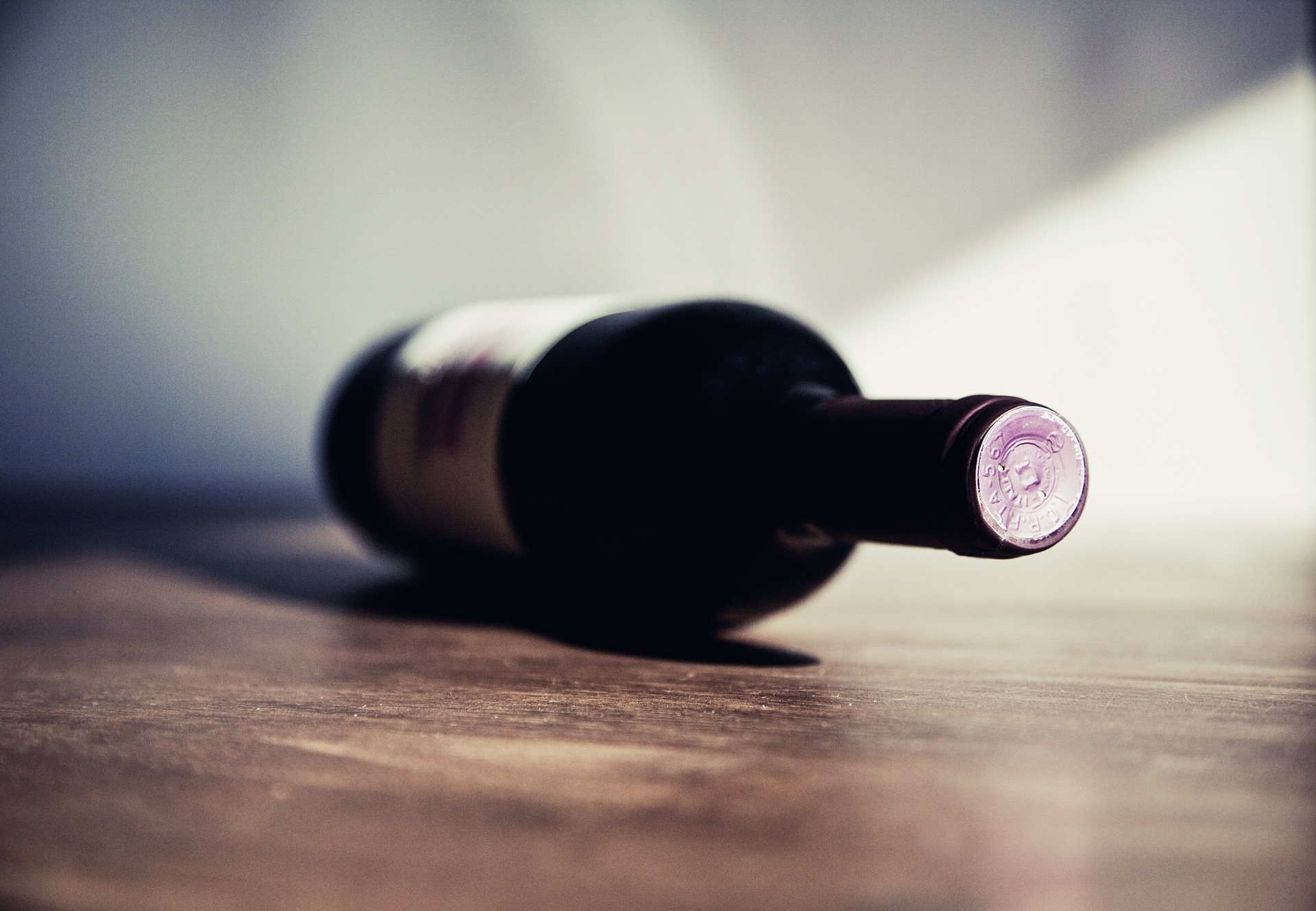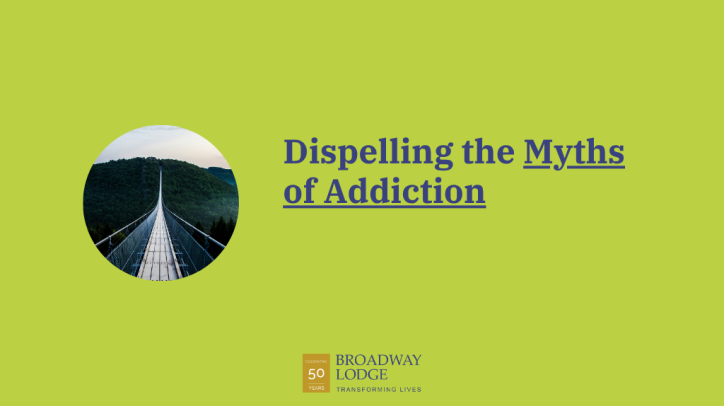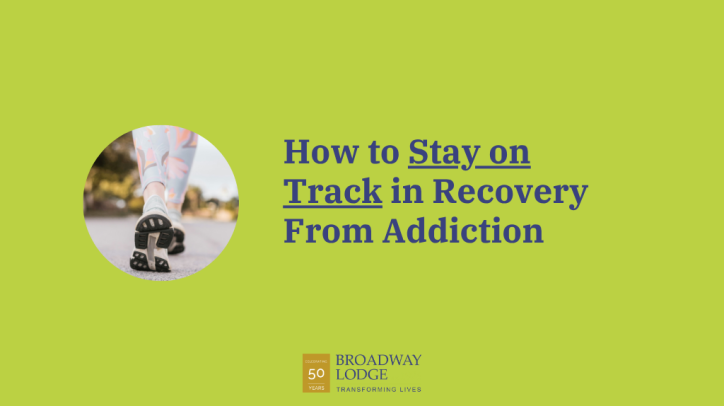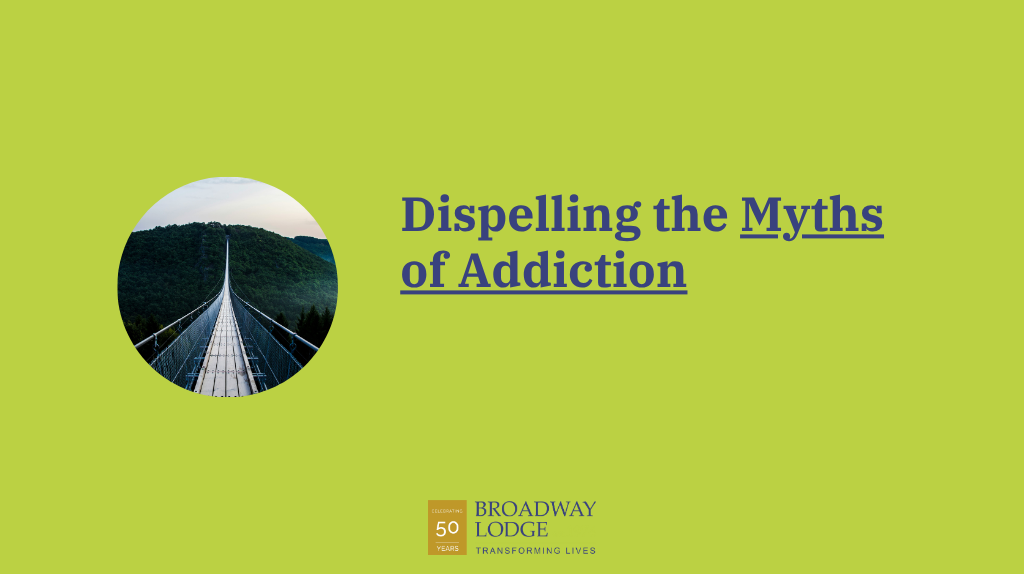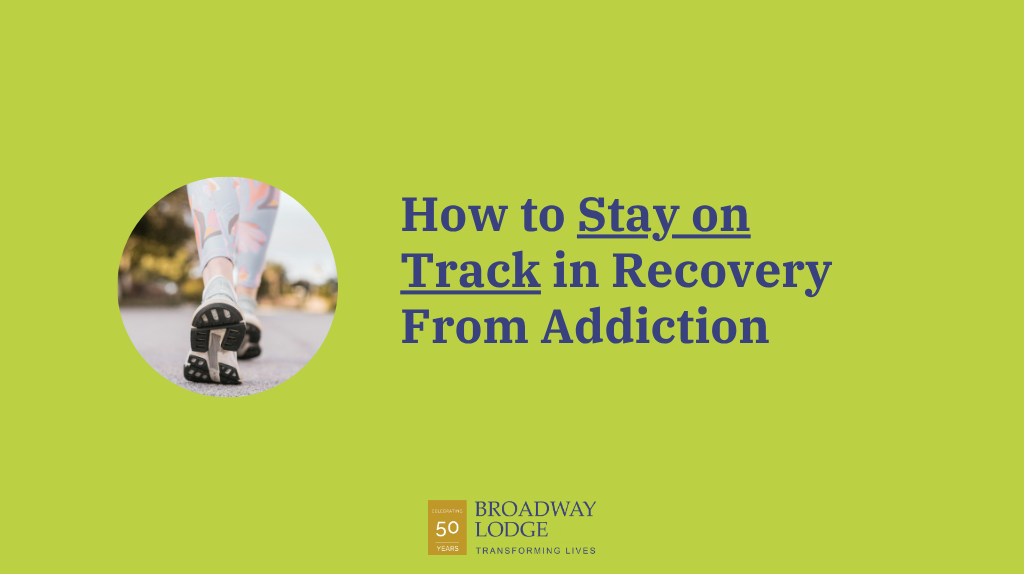Earlier this year, the Office for National Statistics (ONS) reported that tragically, there were 7,423 deaths from alcohol in England and Wales in 2020. This is the highest recorded level of alcohol fatalities in the last two decades and increased by 20% compared with alcohol deaths in 2019. It’s important to note that the ONS class alcohol deaths as those directly caused by the misuse of alcohol and the majority of the alcohol deaths in 2020 were related to long-term drinking problems and dependency.
Alcohol Policy UK reported that between March 2020 and March 2021, levels of higher-risk drinking increased by nearly 60% (classed as 50 units per week for men and 35 units per week for women). In addition, Public Health England (PHE) have reported that deaths caused by alcohol-related liver disease has been steadily increasing each year, but sharply accelerated in 2020 (the year of the pandemic). Although alcohol-related liver disease takes years to develop, deaths as a result are usually caused by liver failure after a recent period of drinking.
There is no safe amount of alcohol someone can consume and there are serious risks to physical health that regular drinking can cause. The NHS state that 10-20 years of consuming 14 units or more each week can cause:
- Cancers of the mouth, bowel and breast
- Stroke
- Heart disease
- Liver disease
- Brain damage
- Damage to the nervous system
- Pancreatitis

These figures are shocking and saddening. But why do so many people continue to abuse alcohol and their physical health if it’s so bad?
The reasons behind heavy or dangerous drinking differs depending on the person. It may begin as a social habit, drinking because of boredom or as a way to deal with stress for example or even to relax. But regular drinking can soon manifest into a downward spiral and turn into alcohol addiction where your drinking becomes dangerous and leads to alcohol dependency.
Drinking regularly causes the body to develop tolerance (where the person requires more alcohol to get the same effect) and as someone drinks more on a regular basis, the body will eventually become physically dependent to alcohol. This is where the person has to drink alcohol again a few hours after their last drink to alleviate withdrawal symptoms and when suddenly stopping can be very dangerous and even fatal. For some people who have become dependent drinkers, it’s not just a case of simply saying “enough is enough” – as much as they may dream about not drinking alcohol anymore, they are physically unable to stop.
However, it isn’t the frequency and volume of alcohol that makes an alcoholic but the relationship with it. You can still have an addiction to alcohol if you’re a dangerous drinker where you drink regularly and excessively but not necessarily every day. Withdrawal symptoms won’t be experienced but you may still identify as an alcoholic and it can manifest into physical dependency. Dangerous drinking will often affect the person’s quality of life – their home life, work life, relationships and financial health may suffer.
What causes alcohol addiction?
The cause of addiction is complex. There is no one uniform answer for everyone. In our experience there are usually underlying reasons or a root cause that leads a person to drink, use drugs or engage in harmful behaviours as self-medication or as a coping strategy. This could be a stressful life event such as a marriage breakup, grief or trauma for example. There are also various genetic, environmental, psychological and social factors that can increase the likelihood of someone developing the illness.
Therefore treatment must address the psychological part of the addiction to get to the root cause and to enable the individual to address this along with other presenting issues and any co-existing illnesses (e.g. depression) so they can begin to heal, move forward with their life and learn healthier ways to manage difficulties when they arise.
Click here to read more about the science behind the illness of addiction.

There’s a problem when levels of drinking cause harm to yourself and/or others. So what can you do to help yourself?
To keep the harm of alcohol low, the NHS suggest that you shouldn’t drink more than 14 units of alcohol per week. But if you know your drinking is causing you harm or you’re worried about the amount you consume, there are some things you can do, including:
1. Seek help and advice from your GP as the first step:
Your GP should be able to talk through any help that’s available and they may decide to arrange some tests to determine if alcohol has caused any damage to your physical health.
2. Use these two simple NHS tools to determine how harmful and dangerous your drinking is:
The Alcohol Use Disorders Identification Test Consumption tool enables you to identify how dangerous and harmful (or not) your alcohol consumption is. Additionally, the Alcohol Use Disorders Identification Test helps to determine whether you need to change your drinking habits.
3. Get information & advice from specialist organisations/charities:
There are organisations like Alcoholics Anonymous, Drinkaware and Alcohol Change UK who specialise in helping people affected by harmful drinking. Reading their informative website content or reaching out for their support can provide you with useful advice and it may help you feel less alone, more motivated and positive about the future and give you information about actions you can make to change. There is also lots of other information online including tips for reducing the harm of drinking. You could start with the NHS website – their webpage here lists some good tips for drinking less and there’s also a link to download an app that can help you to reduce the amount of alcohol you consume.
4. Get support from your drug and alcohol service:
Every local authority area in the UK has a government funded drug and alcohol service who are there to support anyone affected by addiction to alcohol or drugs. They may be able to support you to reduce the harm of your drinking, provide access to support groups or talking therapies and may consider putting you forward for funding for residential treatment.
5. One to one counselling:
If you’re not drinking every day but realise that your drinking habits could be causing harm to yourself and feel that you’re drinking to self-medicate, engaging with a professional counsellor will enable you to start exploring and addressing the deeper underlying problems that you’re trying to cope with or decipher why you use alcohol the way you do, before it escalates further. One to one counselling is likely to be of most benefit after at least a few sessions and we would advise that you only undertake this when you are sober.
6. Detoxification:
If you are physically dependent to alcohol and want to stop drinking, it’s important that any detox regime is done safely under medical guidance. Going ‘cold turkey’ and suddenly stopping drinking can cause many unpleasant withdrawal symptoms that can lead to serious complications, even death. Speak to your GP and your local drug and alcohol service who may be able to help you with a detox whilst you’re staying at home. However, the safest option is to have an inpatient medically managed detox at a centre like Broadway Lodge where you will be under 24/7 care of specialist nurses and health care assistants. You will have a substitute medication that will help to alleviate withdrawal symptoms and you will be monitored throughout to ensure you’re as comfortable and safe as possible. You will also have none of the usual home distractions or triggers to manage so you can focus fully on getting physically free from dependency.
7. Residential Rehab:
While a stay in residential rehab may be the most costly option, it’s also the most intensive and thorough treatment for someone wanting to stop drinking alcohol dangerously or dependently for the long-term. While detox helps someone to overcome the physical dependence, the comprehensive therapeutic interventions at Broadway Lodge are psychological. Clients address their feelings, attitudes and behaviours that have been driving their addiction so that they can implement positive changes. It’s the individual’s feelings, attitudes and behaviours that have been fueling the addiction, the alcohol part is just the vehicle or self-medication that’s used to escape. So it’s really important that anyone struggling with addiction gets the psychological support so that they can find the root cause, develop healthy coping mechanisms, learn to manage feelings and gain the tools to sustain their recovery for life. Some of the many other benefits of residential treatment include:
- The chance to completely get away from your normal environment and triggers so that there are no distractions to getting well and so you can really focus on the start of your recovery.
- The opportunity to experience a range of different therapeutic interventions every single day that nurture your mental, emotional and spiritual wellbeing.
- You feel less isolated as you become an important and valued member of a therapeutic community with peers who all have a common bond. Clients often form strong friendships that last many years after their stay in rehab!
- To get specialist staff support 24/7 – there is always a compassionate professional to talk to.
- To deal with any challenging feelings or thoughts without alcohol and in the safety of a supportive environment.
Speak to us
If you would like to know more about Broadway Lodge, the programme and prices for alcohol addiction, take a look at our website page here or reach out to us by calling 01934 812319, emailing hello@broadwaylodge.org.uk or sending us a message here.

